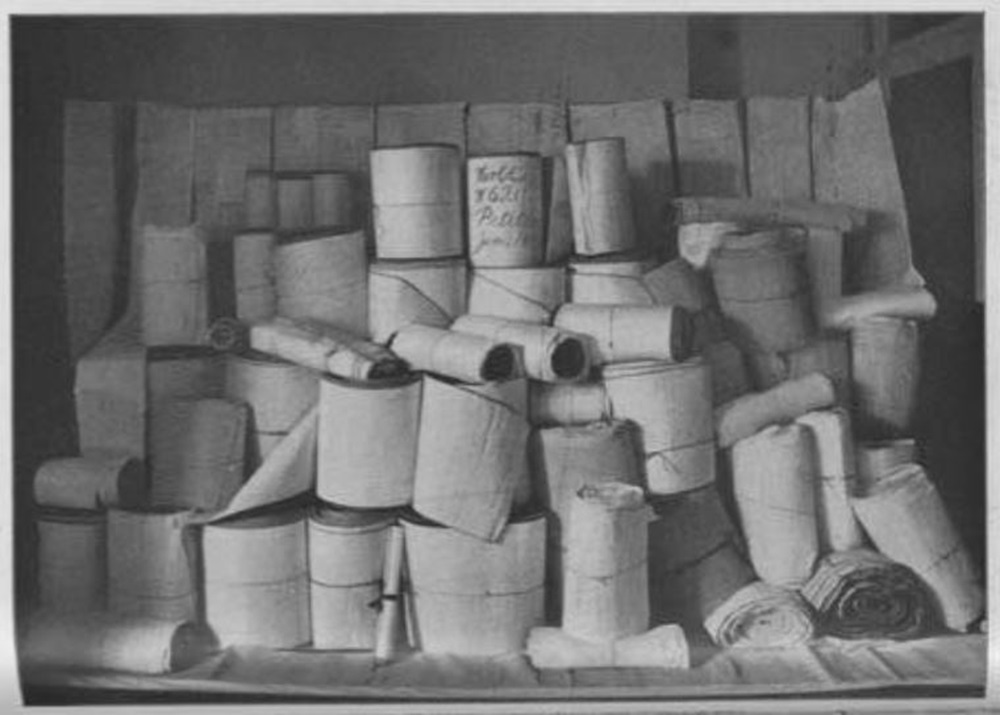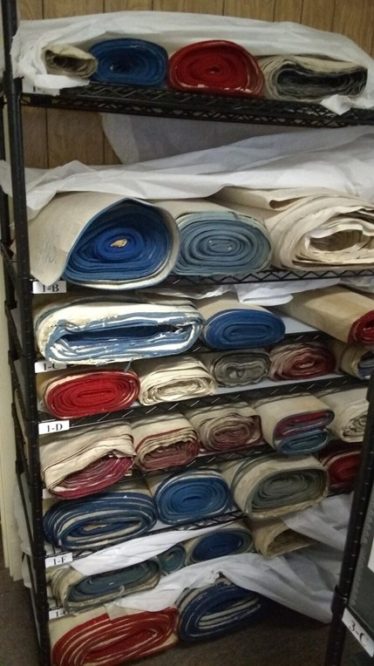The first mayor and the monster petition

Norena Shopland
A lot has been written lately about the Welsh Women’s Peace Petition, including several articles on Nation Cymru. Petitions, and any collection of names, preferably with addresses, are turning out to be a great source of local history as they enable researchers to track people through historic records.
One little known example is the ‘monster petition,’ with its world-wide 8 million signatures. Modern online versions average 40,000 while world-wide ‘big’ examples can generate around 2 million.
Petitions were a great tradition. For much of history only a minority of men could vote, but anyone could sign a petition and often it was the only way to challenge unpopular rulings and provided displays of popular support.
Temperance
Surprisingly, despite its unique nature very little has been written about the Polyglot Petition for Home Protection.
The Polyglot [many languages] was the brainchild of American Frances Willard, the indomitable woman at the head of the Woman’s Christian Temperance Union (W.C.T.U.) of the late nineteenth century. She wanted women to appeal to world leaders to legislate against the liquor and opium trades and social vices, the first world-wide proclamation against alcohol.
Launched at the 1885 International Temperance Congress in Antwerp, Belgium it was slow to get off the ground so ‘missionaries’ were despatched to 50 countries.
In December 1890, a Welsh woman, Gwenllian Morgan of Brecon was put in charge of generating more interest in the UK. She was, wrote Frances, ‘an earnest Christian and accomplished scholar, and an experienced philanthropist. She is a friend of Lady Henry Somerset, who recommends her for this place.’
The Bristol Mercury wrote it had to be acknowledged that increasing numbers of women were joining social organisations such as the British Women’s Temperance Association, and ‘the names of Lady Henry Somerset and Miss Morgan of Brecon, stand out as High Chief Rulers.’
In a surprisingly short time, Gwenllian and her team had gathered c.750,000 signatures. Allice Bray of Ebbw Vale, ‘went from house to house and obtained over two thousand signatures in 1891.’

However, the petition was slow to gain momentum and there was some confusion over what it was trying to achieve. Frances replied that the object was to focus public sentiment and persuade world leaders as to the evils of drink and ban it. Even so, it took almost ten years to get enough signatures to make a decent presentation to President Cleveland in 1895.
The petition, prepared in a similar fashion to others, consisted of large rolls. Paper sheets with the signatures were cut up and mounted on strong white cotton, one-half yard in width, the names averaging four columns abreast, and bound with red ribbon on one side and blue ribbon on the other, the Union’s colours.
It then became the central feature of the Third Biennial Convention of the World’s W.C.T.U., 16-24 June 1895 in London. The palace giving permission to present it to Queen Victoria, and photographs made into ‘two costly volumes representing the signatures secured in the British Empire.’
Gwenllian and her team must have made a last-minute push before the Convention, because they had collected a further 90,000 signatures in six weeks, bringing her collection of names to well over half a million.
However, the magnificent achievement of the Polyglot Petition was in reality, a massive failure; it and the temperance movement changed very little with regard to the sale and use of alcohol, and problems around drunkenness are as bad today as they have ever been.
Of the petition itself, it went into climate-controlled storage in the W.C.T.U. archives in the Frances Willard House, Evanston, Illinois. The 100+ rolls have never been completely catalogued or indexed and there are no copies or transcriptions, they don’t even have a complete set —a few rolls remained in some of the countries that took part.

In a partial inventory of eighty rolls, three are labelled Wales but the labels do not always correspond to the content, one labelled Iceland turned out to be Burma. Probably because labels were stuck arbitrarily on rolls for display purposes to show the range of countries.
The rolls are fragile, they spent many years being carted around from fairs and conventions and unrolling them would need to be under conservatory guidance, requiring a very large budget, even larger to photograph the contents.
However, we are currently trying to recover the Welsh names to match those on the Peace Petition and the 900 subscribers who paid for a portrait of Gwenllian.
Work on a new biography of Gwenllian is revealing what an extraordinary talented woman she was. Someone who dedicated her life to public service and who, on 9 November 1910 became not only Brecon’s first lady mayor, but the first lady mayor in Wales.
Support our Nation today
For the price of a cup of coffee a month you can help us create an independent, not-for-profit, national news service for the people of Wales, by the people of Wales.





